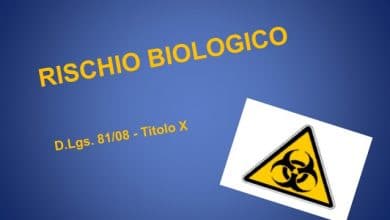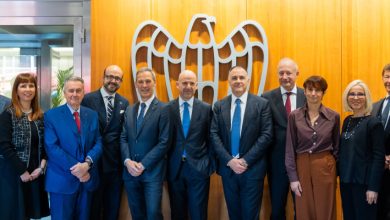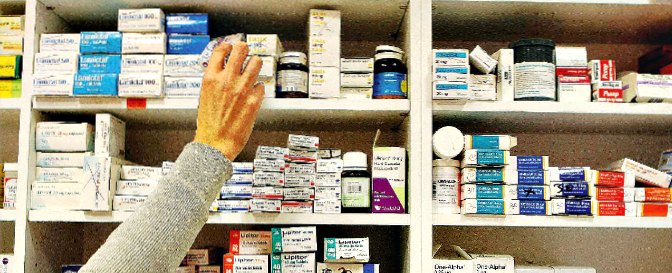
L'Avvenire on Thursday 16 June publishes an appeal by Prof. Silvio Garattini entitled "A real independent information on medicines is urgently needed”.
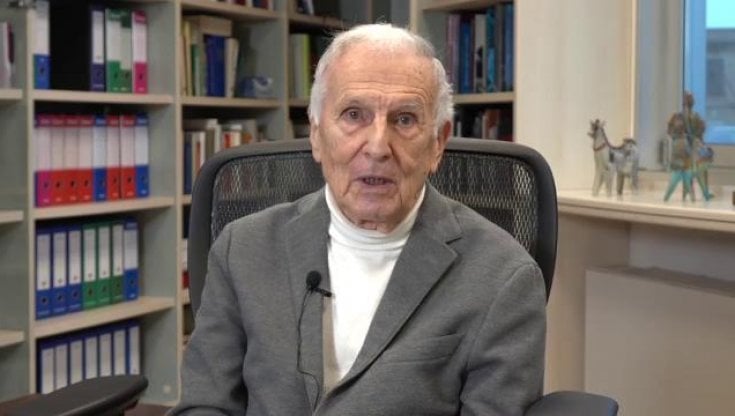 In the article, indeed in the appeal, we read: “In fact, there is a lack of real and broad independent information, which is based on scientific data and not on economic, financial or ideological interests. The problem is based, as far as citizens are concerned, on indirect and direct information. In fact, citizens or the sick do not have the right to choose, for example, the medicines for the treatment of their illness. The choice is made by the doctor, and whoever pays is the National Health Service. The doctor basically receives information from the pharmaceutical industry, and this at both the hospital and community level. Information is conveyed by industry in different forms. First of all through pharmaceutical informers who visit individual doctors to present their products, obviously to request a prescription”.
In the article, indeed in the appeal, we read: “In fact, there is a lack of real and broad independent information, which is based on scientific data and not on economic, financial or ideological interests. The problem is based, as far as citizens are concerned, on indirect and direct information. In fact, citizens or the sick do not have the right to choose, for example, the medicines for the treatment of their illness. The choice is made by the doctor, and whoever pays is the National Health Service. The doctor basically receives information from the pharmaceutical industry, and this at both the hospital and community level. Information is conveyed by industry in different forms. First of all through pharmaceutical informers who visit individual doctors to present their products, obviously to request a prescription”.
Prof. Garattini then lists other channels through which the industry conveys information, such as funding for scientific societies, supporting their congresses, as well as many of the meetings of the so-called continuing medical education (CME), not to mention the donations to the associations of patients. It is obvious, continues the Prof., that this type of intervention is basically done to praise the benefits of the data produced and, in any case, certainly not to let people know what are the limitations of the drugs, their relative effectiveness and above all the possibility of side effects and toxic.
In the face of this massive 'partisan' information, says Garattini, which is believed to account for more than a third of industrial revenues, this blessed independent information is seriously lacking. It is surprising that medical orders do not organize, and above all do not request, information that allows them to be updated on the results of studies which add up at great speed. And it is equally surprising that the Government, and in particular the Ministry of Health and the Italian Medicines Agency (Aifa), do not decide to produce this type of information. Some Irccs (scientific hospitalization and treatment institutes) could be mobilized to disseminate information in synthetic form on topics that the pharmaceutical industry would hardly bring to the attention of the doctor. This independent information would cost little, but would save a lot, if done continuously and in various forms, direct and digital
Someone believes that politicians are not interested in contrasting the 'market of medicine' - not just that of drugs -, because it would generate a loss of jobs.
However, it would be good to decide if the National Health Service is made to maintain jobs at any cost or if it wants to be focused on the rights of the sick and on helping doctors to do their job correctly. Just think of how irrational is the excess of drugs (even 10-15 a day) that many patients suffer without knowing what the real effectiveness is, considering the large number of possible interactions.
 Prof. Garattini then talks about direct information, that which is aimed at citizens and which is achieved through forms of explicit advertising through newspapers, magazines, radio and television, but also, in an uncontrollable way, through the Internet and social networks.
Prof. Garattini then talks about direct information, that which is aimed at citizens and which is achieved through forms of explicit advertising through newspapers, magazines, radio and television, but also, in an uncontrollable way, through the Internet and social networks.
Advertising that uses terms that sound good – such as 'natural' – or promise effects on 'immunity', especially in the Covid-19 era, 'anti-aging' and so on. However, there is a complete lack of controlled clinical studies to back up the claims made. And it is incredible that homeopathic products that contain nothing can still be sold, or (unfortunately) even plant extracts in pharmacies that have no recognition by the regulatory body. Not to mention the very expensive food supplements that contain vitamins with the addition of some other useless substance to give a characteristic of diversity. Is there an organization that defends citizens from such advertising?
We must insist, concludes Prof. Garattini, to unite voices so that the Ministry of Health and Aifa finally decide to intervene in a precise and effective way.
Editor's note:
Prof. Silvio Garattini, 94, has been repeating the same things for several decades, yet he always amazes us. One would have to wonder where he has been all these years.
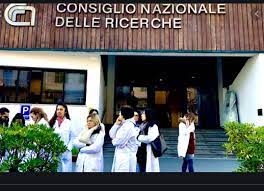 Garattini has been a member of numerous national and international organizations, among which we recall the Biology and Medicine Committee of the National Research Council (CNR), the National Health Council and the Commission of the Presidency of the Council of Ministers for research policy in Italy, as well as Member of the Unified Medicines Commission (CUF) of the Ministry of Health. Member of the Board of Directors and then Vice President of the Istituto Superiore di Sanità, President of the Research and Development Commission of the Italian Medicines Agency (AIFA). In 2012, the French Government also appointed Prof. Silvio Garattini as a member of the Scientific Council of the ANSM (Agence nationale de sécurité du médicament et des produits de santé), the agency corresponding to AIFA in Italy. He has held leading positions of great importance: Eortc (European Organization for Research and Treatment of Cancer), Emea (now Ema), National Bioethics Committee, Commission for Research Ethics and Bioethics of the Cnr, etc., etc. He was also a consultant to the Minister of Health, Giulia Grillo, who included him in the committee that drew up the document on pharmaceutical governance. In short, he had the possibility to eliminate the distortions he denounces, evidently in vain.
Garattini has been a member of numerous national and international organizations, among which we recall the Biology and Medicine Committee of the National Research Council (CNR), the National Health Council and the Commission of the Presidency of the Council of Ministers for research policy in Italy, as well as Member of the Unified Medicines Commission (CUF) of the Ministry of Health. Member of the Board of Directors and then Vice President of the Istituto Superiore di Sanità, President of the Research and Development Commission of the Italian Medicines Agency (AIFA). In 2012, the French Government also appointed Prof. Silvio Garattini as a member of the Scientific Council of the ANSM (Agence nationale de sécurité du médicament et des produits de santé), the agency corresponding to AIFA in Italy. He has held leading positions of great importance: Eortc (European Organization for Research and Treatment of Cancer), Emea (now Ema), National Bioethics Committee, Commission for Research Ethics and Bioethics of the Cnr, etc., etc. He was also a consultant to the Minister of Health, Giulia Grillo, who included him in the committee that drew up the document on pharmaceutical governance. In short, he had the possibility to eliminate the distortions he denounces, evidently in vain.
We believe he knows the laws that regulate drugs and, in particular, the scientific information on them. Surely you know that pharmaceutical companies are forced by law to pay a contribution equal to 5% of the total amount of expenditure incurred in the previous year for promotional activities, net of expenses for assigned personnel and self-certified by the companies themselves. Euro 21,302,778 has accrued for this purpose (AIFA budget 2021) intended to feed the national fund for orphan drugs for 50% and for the remaining 50 it is to be used for independent scientific information, active supervision, drug research, staff training. So independent scientific information exists or should exist and if it doesn't exist, one should ask why. We, on the other hand, wonder why Prof. Garattini, in his various positions, has never lifted a finger so that the law that prohibits the intrusive interference of marketing in scientific information is respected.
As for the much blamed and sponsored Congresses and Conferences, the esteemed Prof. should know that pharmaceutical companies must be authorized by AIFA to be able to do them and the authorization requires a payment as a fee. In the 2021 AIFA budget, EUR 3,300,319 has been paid for this purpose. Plus reimbursement of expenses of Euro 1,249,387. And then, if he really wanted to be consistent with himself, he could avoid attending these conferences financed by the pharmaceutical and supplement industries as he is doing right now in Verona at “Veronesi Clinical Nutrition Days Obesity in the Elderly“.
Furthermore, the studies and clinical works brought to the attention of doctors are only those authorized and validated by AIFA.
Evidently if Prof. Garattini states that all these things are wrong, he insinuates the suspicion that AIFA is not carrying out its task correctly. We have no evidence to support these 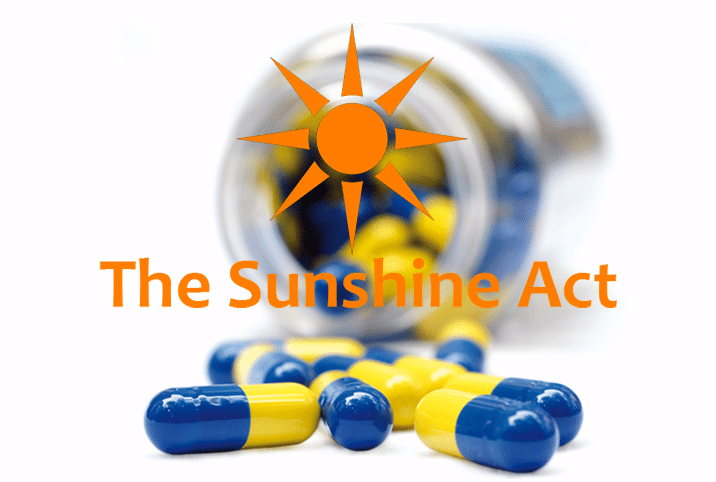 suspicions, indeed we want to think that AIFA operates with authority and competence.
suspicions, indeed we want to think that AIFA operates with authority and competence.
Any funding from pharmaceutical companies to patient associations or for other reasons can all be controlled and verified because each company publishes these disbursements. Furthermore, the recent approval by the Parliament of the “Sunshine Act” will make these things even more easily searchable and transparent.
egr. Prof. Garattini also undertakes to ensure that existing laws are respected and truly promotes a law on transparency on the activity of lobbies, true, severe and really controlled.




